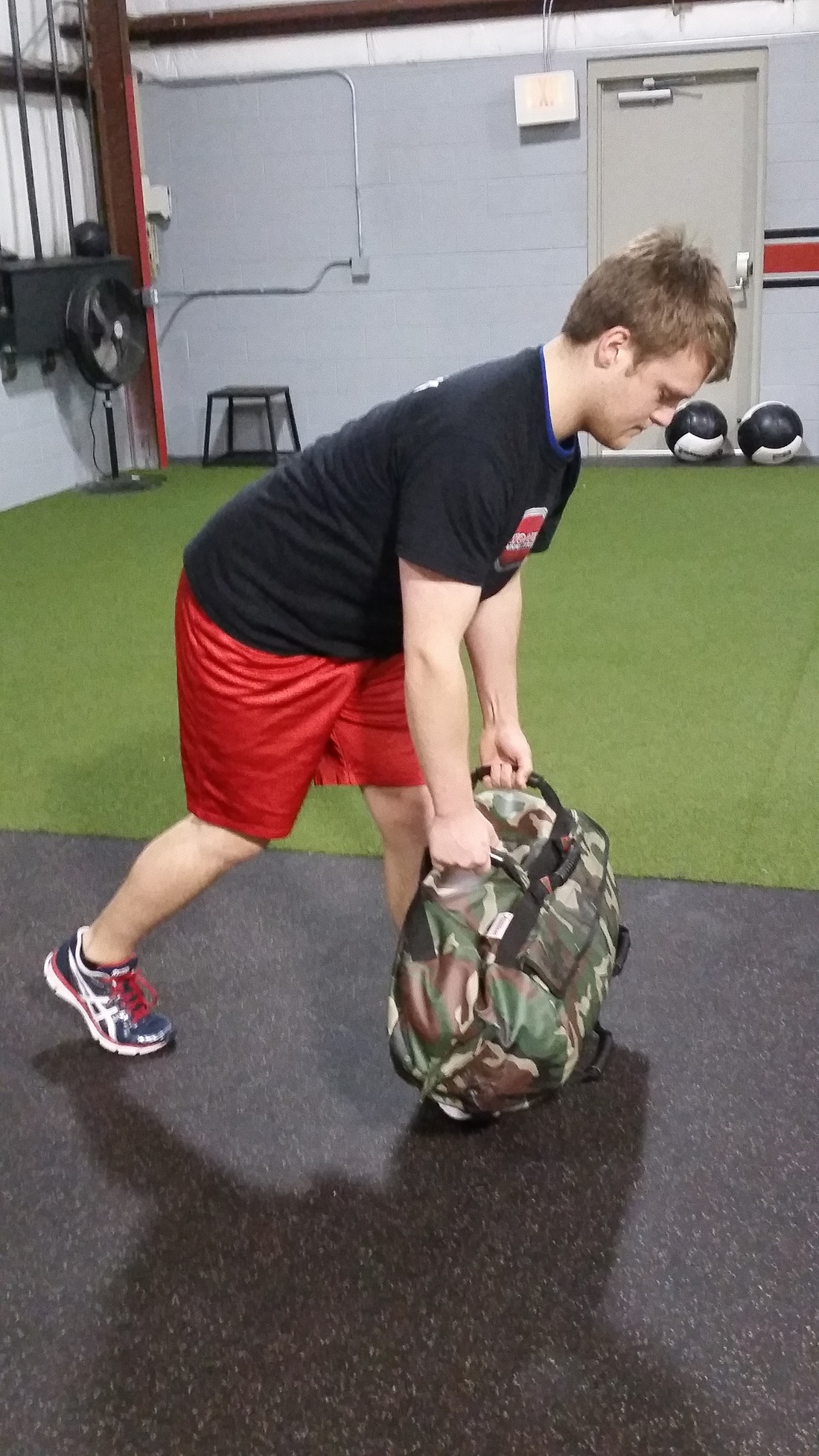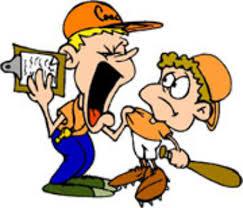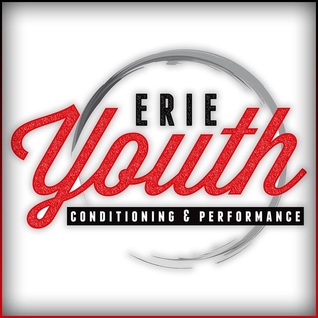Nate Delycure is a coach for both myself in Lewis Fitness & Performance and for Dan in Twoguns Training Systems but he is primarily the Program Director of Erie Youth Conditioning and Performance and the primary coach of those sessions and he is putting together a series of guest blogs ranging from his passion to education to what drew him to Geoff, our programs and I. The first one up is his Passion for Coaching and Youth Sports. It’s a good read, definitely check it out and let us know what you think.
Once I got into kindergarten, I could finally sign up for T-ball and could play organized ball with all my friends. Baseball was the first sport offered where I was from and I quickly grew to love it. My coach at the time was my neighbor’s dad from right across the street and he was a great youth coach, he included everyone, the kids had fun, everyone did and wanted to play, he knew basic skills of the game and I believe that is what makes you a good coach at the younger level (< 8).
Years later, I remember the day came in third grade which a form went home with us for youth wrestling sign-ups and I remember thinking, “Hey I remember my dad saying he wrestled, I should check this out”. I was hooked after the first practice and after that first practice my dad (he had wrestled at Edinboro University) asked if I wanted to do some more drills at home. I obviously said yes and little did I know that was my first practice with the best coach I would ever have. Up until this point, I had only had good coaches which not only motivated me to get better but also helped me develop a passion for the sports, I had thought until this point that all coaches were like this, looking back I realize that I was “spoiled and wrong”.
My first Little League coach (I was 10 years old at the time) was a tough coach that would yell and not always got along with parents. One instance we had come back in the bottom of the sixth and won a game, and us as players started celebrating after we scored the last run to win and our coach came running into the dugout and yelled at us “This was a win but it wasn’t a win”, he followed up with a speech about how we shouldn’t of won the game and everything we did wrong but I wasn’t paying attention to him because I was trying to decipher his first statement.
I could also tell you about the time he allowed his son to throw 23…yes 23 walks in an inning without pulling him. I was the catcher for this and I can tell you it was the worst half an inning of my life and I’ve been 30 runned in slow pitch softball. The difference here was a coach that could not communicate with the athlete to allow them to enjoy the game and develop a passion for it, even though he was very knowledgeable of the game of Baseball, he was not a good coach since he couldn’t transfer that to his players. This made me stop playing baseball for a season.
My first real taste of coaching came when I was a senior in high school, one of our graduation requirements was a graduation project where we had to complete 50 hours in job shadow/project type assignment and present on it. I decided to coach in our town’s youth football league (4th-6th grade).
I saw it as a chance to give back and help out the league that had started my football career. Long story short, I ended with over 100 hours, an undefeated team, and the realization that this is something I really enjoyed.
Following football season, wrestling season was starting and within the month I was diagnosed with was essentially a career ending shoulder injury. Now, I had begun to receive college interest my junior year to wrestle past high school (which had been a goal since third grade) but now that was no longer in the picture. Even though this had crushed me for a little bit I had to think about all the coaches, especially my dad, and teammates who helped me tremendously along the way to get to where I was. It was then that I realized that I wanted to help other athletes achieve their own dreams/goals.
After my injury, I was no longer able to participate and having many new and inexperienced bodies in the room, I became sort of a “student coach.” Even though I physically could not be out on the mat and help out the team, I could still use the many years and training and learning to help the team. That year, we had gotten a new coach and one of the first terms he used with us was “I am not a cookie cutter coach”.
Then he explained that each wrestler is different and unique with different style and he to be coached to take advantage of each wrestler’s strength. (This is something I have always thought and one of the reasons I stayed with the team I am now). I had grown up with this approach but no name to it with my dad as my coach but a former coach thought otherwise. His model was the 103 pound kids will be coached and taught the same techniques and moves as a 285 pound wrestler. Now, most people will realize from a size and movement perspective, 103lbs to 285lbs is a huge difference, not including experience and style. I feel that this cookie cutter approach should have died out with the dinosaurs.
Throughout the years I have competed in many sports with different teams, clubs, and most importantly coaches. While there was many different forms of conditioning and strength building exercises from each coach, many of them had the same answer (I always questioned on why we did things, I needed a purpose as an athlete) as to why we were doing that particular drill/exercise. Somehow most of the coaches had the same answer in “because/ I said so”.
Even as a kid I know that this was a bulls#$@ reason and I didn’t think I should do something because he said so, I needed to know if/why it made me better. This is one of the main reasons I got into the Human Performance field in college, I wanted to know why you do certain exercises and what they do. Now my goal is to develop the best athlete performance system backed by research and results to develop the best athlete and to be the coach that I would have wanted to have. This is what drew me to Geoff and Dan as they will always have an answer to “why” they do things. They “dont do stupid” and everything they do has a calculated reasoning behind it, as well as of, of course, making clients better and that is exactly what I want to do.”





 RSS Feed
RSS Feed